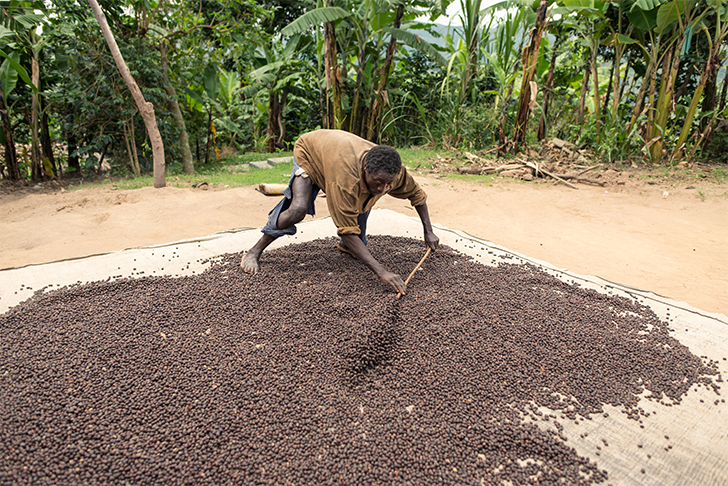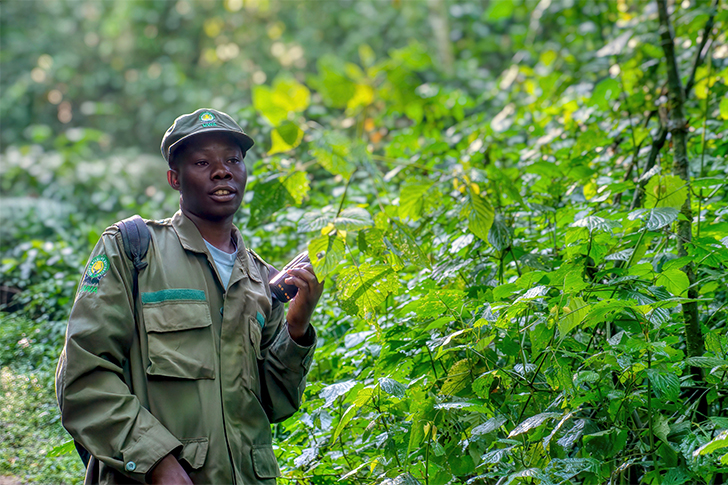Coffee, once a simple morning ritual, has now become so valuable that it’s turning farms into crime scenes. In Uganda, farmers like Charles Waliggo are waking up in the dead of night to protect their coffee crops from thieves. The rising prices of coffee beans, fueled by global shortages and increasing demand, have made coffee farms a prime target for theft. Some farmers are hiring security guards or even using dogs and bees to fend off the thieves. Yes, bees! What was once a measure for pollination is now doubling as a security tactic, with the buzzing insects proving to be a surprising deterrent.
Theft Threatens Uganda’s Coffee Industry

Juan Alberto Casado / iStockphoto
This wave of coffee crime is no laughing matter. The skyrocketing price of robusta coffee, commonly used in instant coffee, has made it one of the hottest commodities to steal. Uganda, the world’s fifth-largest coffee exporter, has seen a sharp rise in coffee theft, with farm-gate prices climbing up to 65% in 2024 alone. Coffee theft isn't just a local issue; it’s part of a global trend where food and drink have become prime targets for criminals. Everything from cocoa beans in Africa to olive oil in Spain is being snatched as prices surge. It seems that in times of economic strain, even ham and donuts aren’t safe.
Security Measures

Cheryl Ramalho / iStockphoto
Farmers are feeling the pressure as they struggle to protect their livelihoods. In Uganda, coffee theft has become so common that local farming associations are urging their members to step up security measures. T he Central Coffee Farmers Association (CECOFA) and Uganda Coffee Farmers Alliance (UCFA) both report that theft is at an all-time high, though police data is hard to come by. The thieves, often local youths, strip beans straight from the trees, sometimes damaging the crops in the process. This not only hurts farmers’ incomes but also threatens Uganda’s plans to boost coffee production and exports. The government has ambitious goals, aiming to increase coffee production to 20 million bags by 2030, up from the current 7 million. But if theft continues at this rate, those goals might be out of reach.
The theft is more than a financial blow. Quality control suffers too, as stolen cherries are often unripe, resulting in lower-quality coffee entering the market. In some cases, thieves rip entire branches from trees just to make off with the beans, causing long-term damage to the plants. Farmers like Waliggo are doing everything they can to protect their crops, but many smallholders near the poverty line simply can’t afford the added security. Hiring guards, installing fences, or keeping bees may be out of reach for some, leaving their crops vulnerable.

ANDREYGUDKOV / iStockphoto
While the government is distributing millions of free coffee seedlings to boost production, the fight against coffee theft continues. If nothing is done to curb this growing problem, it could discourage farmers from staying in the coffee business altogether, putting Uganda’s coffee industry—and morning cups of joe—at risk.















